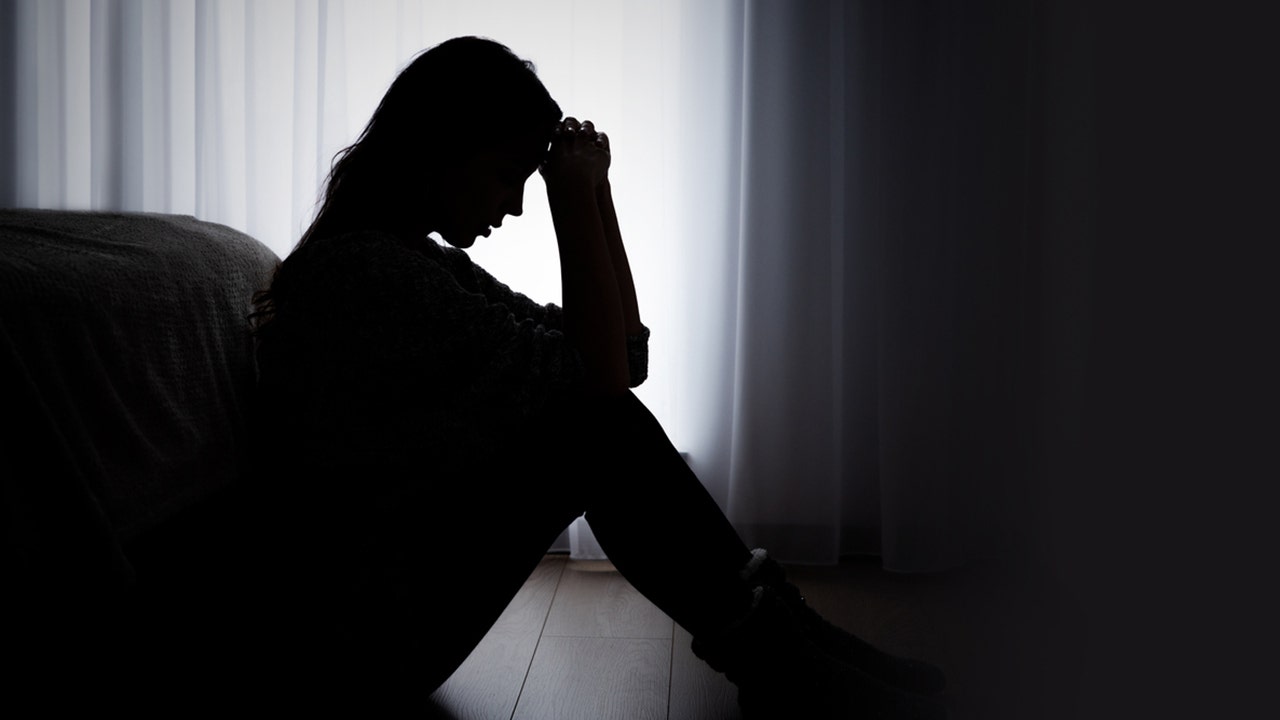Social Media's Shadow: Alarming Numbers of Teens Report Negative Impact on Mental Health

The pervasive influence of social media on young lives has sparked widespread concern among parents, educators, and healthcare providers. A recent report reveals a sobering reality: nearly half of U.S. teens believe social media predominantly harms the mental health of their peers. This growing awareness is prompting a significant shift in behavior, with a similar proportion of teens actively reducing their social media consumption.
The Rising Tide of Concern
For years, experts have debated the complex relationship between social media and adolescent well-being. While platforms like Instagram, TikTok, and Snapchat offer opportunities for connection and self-expression, they also present a unique set of challenges. Cyberbullying, unrealistic beauty standards, the fear of missing out (FOMO), and constant comparison are just a few of the potential pitfalls.
This latest report underscores the increasing recognition of these negative effects. Teens themselves are voicing their concerns, acknowledging the detrimental impact on their mental health. The sheer number of respondents – nearly half – paints a stark picture of the pressures faced by today's youth.
Cutting Back: A Sign of Self-Awareness
Perhaps the most encouraging aspect of the report is the corresponding trend of teens reducing their social media use. Almost the same proportion of teens who express negative sentiments about social media's impact are actively taking steps to limit their exposure. This suggests a growing awareness of the issue and a proactive effort to prioritize mental well-being.
Why the Shift?
Several factors likely contribute to this shift. Increased media coverage of the mental health crisis among young people has raised awareness. Schools and communities are implementing programs to promote digital literacy and responsible social media use. And, crucially, teens themselves are becoming more attuned to the emotional toll of constant online engagement.
What Can Be Done?
Addressing this issue requires a multi-faceted approach:
- Open Communication: Parents and educators need to create safe spaces for teens to discuss their experiences with social media, both positive and negative.
- Digital Literacy Education: Equipping teens with the skills to critically evaluate online content and recognize manipulative tactics is essential.
- Promoting Healthy Habits: Encouraging offline activities, hobbies, and face-to-face interactions can help balance online engagement.
- Platform Accountability: Social media companies have a responsibility to create safer online environments and address issues like cyberbullying and harmful content.
Looking Ahead
The findings of this report are a wake-up call. While social media isn't inherently bad, it's crucial to acknowledge its potential impact on mental health and take proactive steps to mitigate the risks. The fact that teens are recognizing these risks and actively reducing their usage is a positive sign. Continued dialogue, education, and responsible platform practices are essential to ensure that social media serves as a tool for connection and empowerment, rather than a source of harm.






